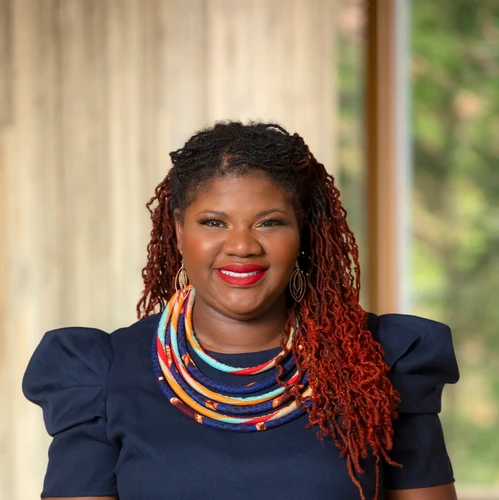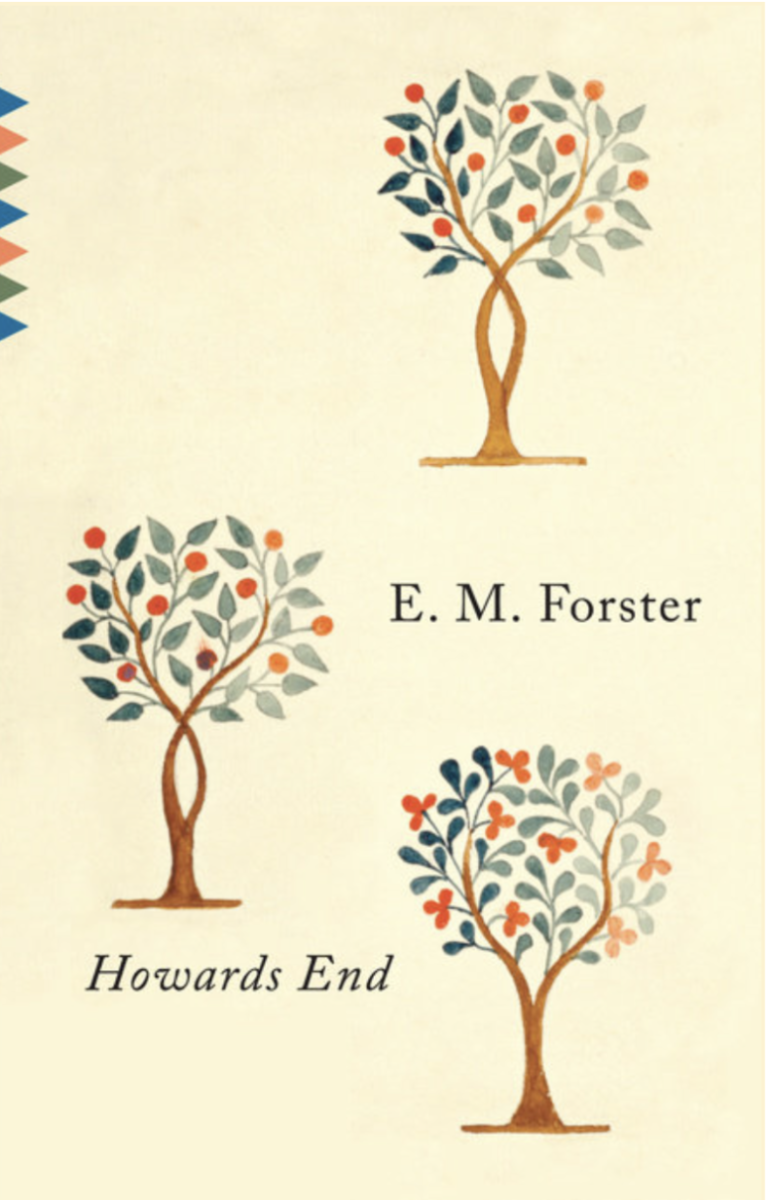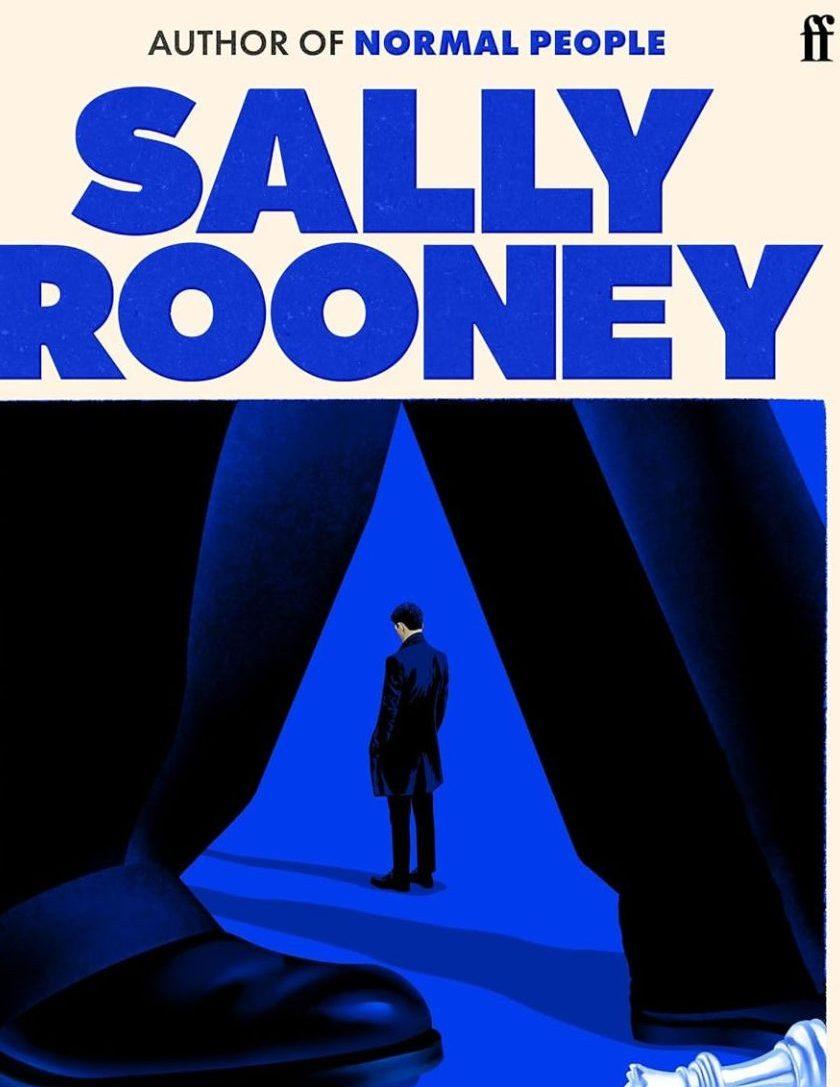On the evening of Thursday, Sept. 12, Professor Kellie Carter Jackson and Dr. Chipo Dendere of Wellesley College’s Africana Studies department sat down at Wellesley Books to discuss Professor Carter Jackson’s recently published book, “We Refuse: A Forceful History of Black Resistance.” “We Refuse” is Carter Jackson’s first trade book, written primarily for a wide public audience.
Carter Jackson began the event with the reading of two excerpts from “We Refuse”: one which discusses how a white doctor denied her great-grandmother a life-saving medical treatment, and another which examines the story of Carrie Johnson, a Black teenage girl who, during a riot in Washington, D.C. in 1919, armed herself with a gun and shot at white mobsters to defend her neighborhood. Carter Jackson exemplified these stories in “We Refuse” as different forms of Black resistance throughout American history.
In an interview with The Wellesley News, Carter Jackson described the origins of “We Refuse,” highlighting the rise of the Black Lives Matter movement in response to George Floyd’s murder in May 2020 as a key inspirational factor for the book. After months of worldwide physical and online protests against racially-motivated police brutality, Carter Jackson reflected on how little had truly changed:
“It felt like we got to the fall … and we didn’t achieve anything we sought out to accomplish,” she said. “I felt like all of this momentum was very symbolic, and I also felt like it was very limiting.”
Carter Jackson began to think about the perceived binary of resistance — violence and non-violence — and how Black people subvert this limitation to combat white supremacy. She settled on five expressions of resistance that she believes have been particularly important to the survival of Black people in the United States and beyond: revolution, protection, force, flight and joy. However, Carter Jackson hopes that those who interact with “We Refuse” will take it upon themselves to add more tools to the list that she has started.
Dendere and Carter Jackson opened their discussion with revolution, the first expression of resistance on Carter Jackson’s list and the primary theme of “We Refuse”’s opening chapter. In the book, Carter Jackson defines revolution as an act of “replacing a broken system with a just one.” She holds that the American Revolution in 1776 was “actually not that revolutionary,” and that it was only with the abolition of slavery in 1865, and the Reconstruction period that followed, that the country underwent a real revolution. “America was not born in 1776, it was conceived of in 1776,” she said. Even with the progress made in the years after the Civil War, Carter Jackson argued that “the revolution is still incomplete.”
During their subsequent conversation on protection, Dendere asked Carter Jackson to discuss the story of Margaret Garner, a young enslaved woman in the American South who, in 1856, killed her baby to protect the child from future enslavement. Garner’s act made national headlines, and became the inspiration for Toni Morrison’s Pulitzer Prize-winning 1987 novel “Beloved.”
“A lot of times, parents saw death as a form of deliverance … If [your children] are separated from you, you only have your imagination to think about what might be happening to them,” Carter Jackson said. “I put this story in this chapter because I do see it as an act of radical love, and radical protection.”
Carter Jackson went on to discuss the complexity of flight as a form of resistance, and what makes it different from the other tools which she analyzes in “We Refuse.” Firstly, she noted that it is incredibly difficult to flee a bad situation, particularly for Black people. She pointed out that the United States requires visas for entering individuals from every country in Africa, unlike those coming from European countries such as Germany or Italy.
“What white supremacy does is it prevents Black people from having mobility, from leaving the space you’re in — whether that’s the ghetto, the Caribbean, or the continent,” she said.
In addition, Carter Jackson argued that flight is about the individual or the family unit, rather than the community at large, making such action a more complex, but no less important, form of resistance.
“While I’m a person of means, and I can move freely, my individual mobility does not uplift the collective … It is a reprieve, but it is not a permanent or collective solution,” she said.
Dendere and Carter Jackson ended their conversation on a lighter note with a discussion of joy, the focus of the final chapter in “We Refuse.”
“For me, joy is a weapon,” Carter Jackson said. “Joy fortifies me, and everyone I know.”
She described how laughter and mockery, and “poking fun at the ridiculousness of racism,” provides a refuge from the sting of societal inequality. Carter Jackson expressed that it is crucial for the health and happiness of Black people for them to seek refuge in spaces that have nothing to do with whiteness or white supremacy. In her concluding remarks, Carter Jackson recalled howling with laughter after she and her husband found a video of their young daughter singing off-key, a moment she holds close to her heart. “What does that have to do with white supremacy?” she asked. “Nothing. That’s the point.”
Contact the editors responsible for this story: Ivy Buck, Norah Catlin







Seni Rupa | Sep 19, 2024 at 3:06 pm
In what ways does the book challenge conventional thinking on the subject it covers?, regard Telkom University